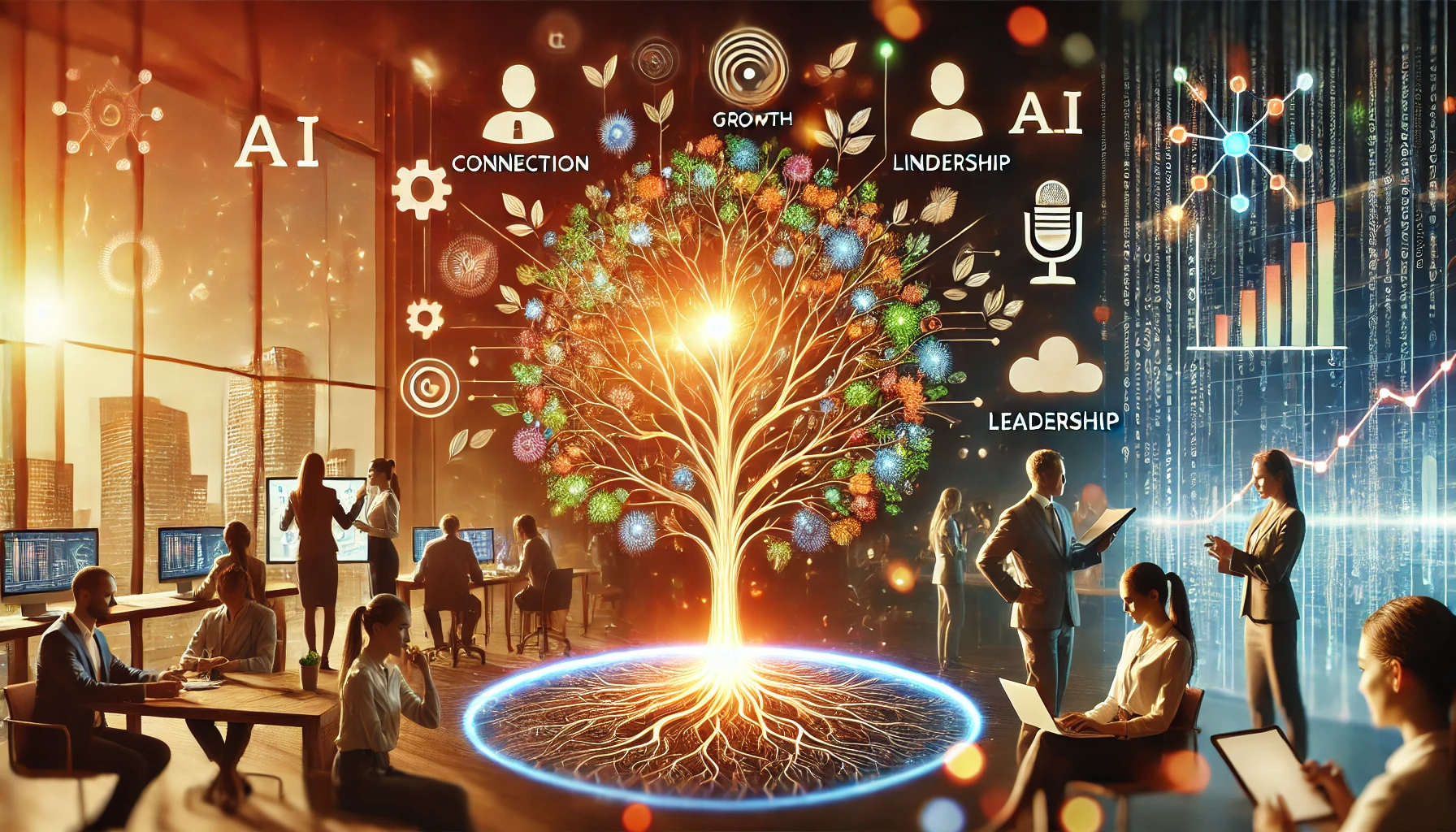2025 Workplace Trends: Embracing humanity for organisational success
The 2025 Workplace Trends by Arbinger Institute report emphasises the growing importance of humanity in the workplace, illustrating how empathy, connection, and a people-first approach drive organisational success. As businesses grapple with challenges like low morale, engagement, and retention, adopting these trends is essential to future-proofing the workforce.
Key Findings and Insights
1. State of the Workplace
While organisations acknowledge the value of employee well-being, a significant disconnect exists between executive perspectives and day-to-day employee experiences. Only 24% of surveyed employees reported high job satisfaction, with low morale and poor engagement being major contributors to turnover. Companies with satisfied employees, however, are nearly seven times more likely to experience revenue growth.
2. Human-Centric Understanding
Regular, meaningful discussions between managers and employees remain limited. For instance, only 12% of respondents discuss overall performance consistently. To close this gap, organisations must embrace ongoing feedback and holistic assessments like 360-degree reviews, ensuring employees feel supported in their growth.
3. The Great Re-Engagement
Disengagement, worsened by stress and burnout, continues to challenge organisations. Strategies such as promoting work-life balance, transparent communication, and innovation opportunities can reignite employee commitment. Notably, organisations offering engagement initiatives report significantly higher productivity and morale.
4. Using AI for Humanity
Contrary to fears of dehumanisation, AI holds potential to free up time for meaningful connections. By automating routine tasks, companies can empower employees to focus on creativity, collaboration, and other uniquely human skills.
5. Redefining Leadership and Management
The role of managers is evolving from task supervisors to strategic coaches. Traits like trustworthiness, accountability, and adaptability are increasingly valued. Leaders who create psychologically safe environments inspire greater engagement and innovation.
6. HR’s Strategic Evolution
HR functions are transforming into cultural architects and strategic partners. Their expanded roles in decision-making and initiatives like inclusion and employee well-being signify a shift towards prioritising people.
7. Redefining Inclusion
Inclusion now extends beyond diversity metrics to fostering environments where all employees feel they belong. Companies embracing broader definitions of inclusion report enhanced collaboration and innovation.
Moving Forward
The report highlights that investing in human-centric approaches benefits both employees and business outcomes. By prioritising well-being, fostering connection, and empowering leadership, organisations can cultivate thriving workplaces that are both compassionate and competitive.

